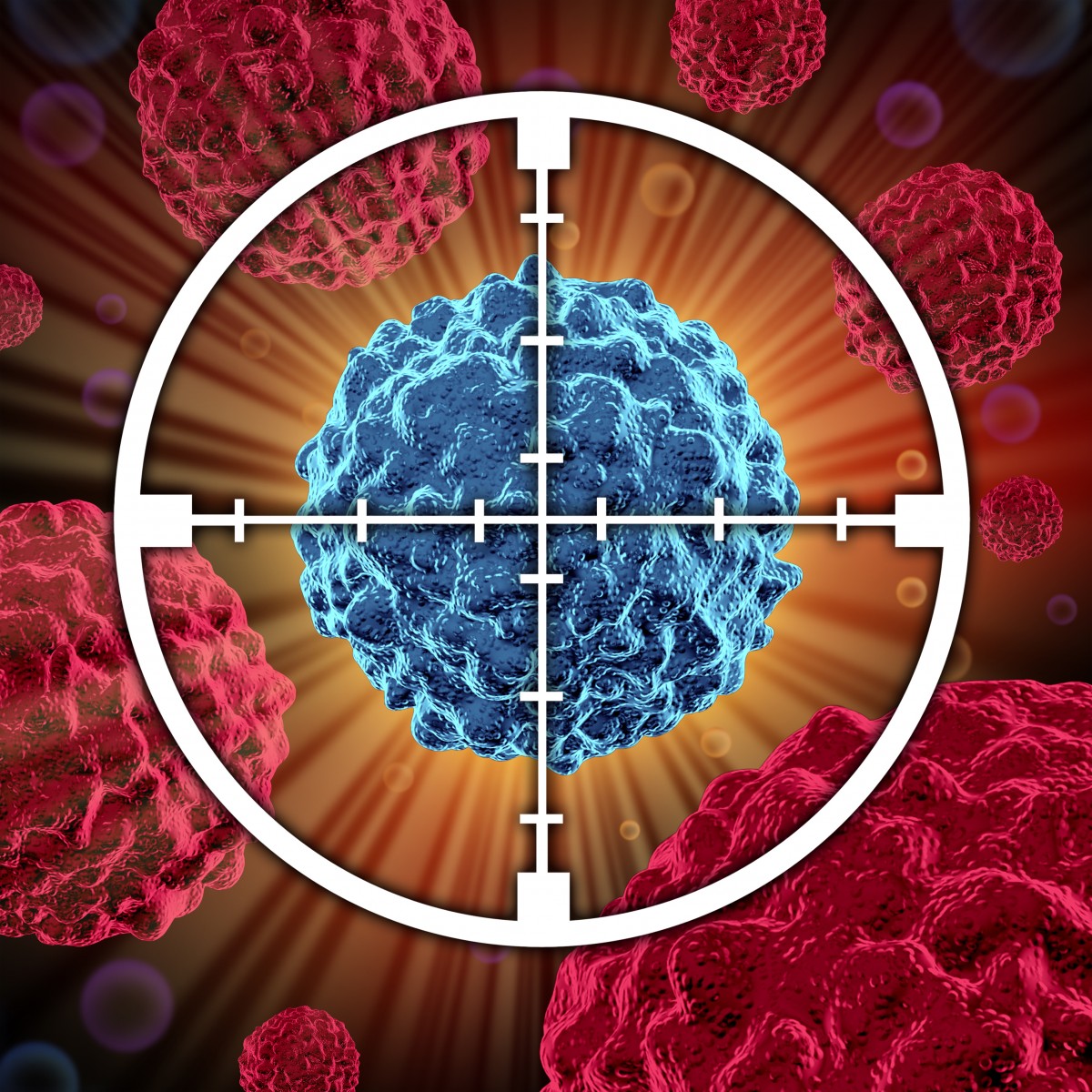Immunotherapy has gathered a lot of attention recently as a new treatment strategy for cancer. The aim of these approaches is to treat the disease by inducing or enhancing immune responses against cancer cells.
In previous studies, Toll-like receptor 4 (TLR4), an important immune system signaling protein, has been found to promote breast cancer cell growth. Its gene is frequently mutated in a group of patients with poor outcomes and, as such, is a promising candidate for immune-based therapeutic agents and its blockade can be achieved by medications currently in development.
However, a new study, published in Proceedings of the National Academy of Sciences, has found that the oncogene (tumor growth) properties of TLR4 in breast cancer are dependent on the activity of another well-known gene, TP53 (Tumor Protein p53), a suppressor of tumor growth that is mutated in more than half of all cancer types. Professor Powel Brown, senior author of the study, and his team of researchers from The University of Texas MD Anderson Cancer Center have found that blocking TLR4 might be a good therapeutic strategy in some breast cancers, while it might be counterproductive in other groups depending on specific cell cancer biology.
Specifically, in breast cancers that have mutations in TP53, high levels of TLR4 were associated with worse survival rates. These are the true candidates to TLR4 blocking therapy. Conversely, in breast cancers with no TP53 mutations (i.e. normal), TLR4 inhibits the growth of cancer cells by producing an immune signalling protein, interferon gamma. Furthermore, this connection between TP53 and TLR4 is found in many other types of cancer, such as ovary, head and neck, and bladder cancers. In these cancers, TP53 mutations are virtually always markers of bad outcomes and aggressiveness.
In conclusion, TLR4 seems to be an encouraging candidate for directed therapy for the worst kinds of cancers, for some of which hormonal therapy isn’t an option. These directed therapies have the advantage of being highly efficacious but without the serious adverse effects commonly associated with chemotherapy. Nevertheless, future research and medications should take into account the TP53 mutation status for the selection of candidate patients.

